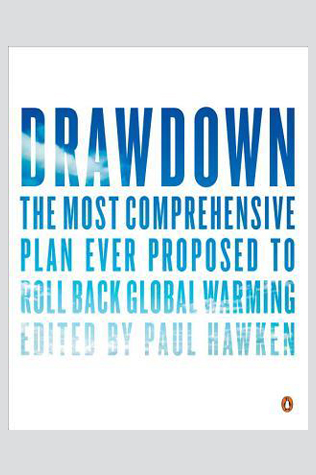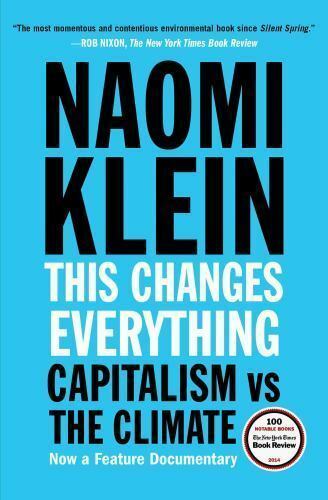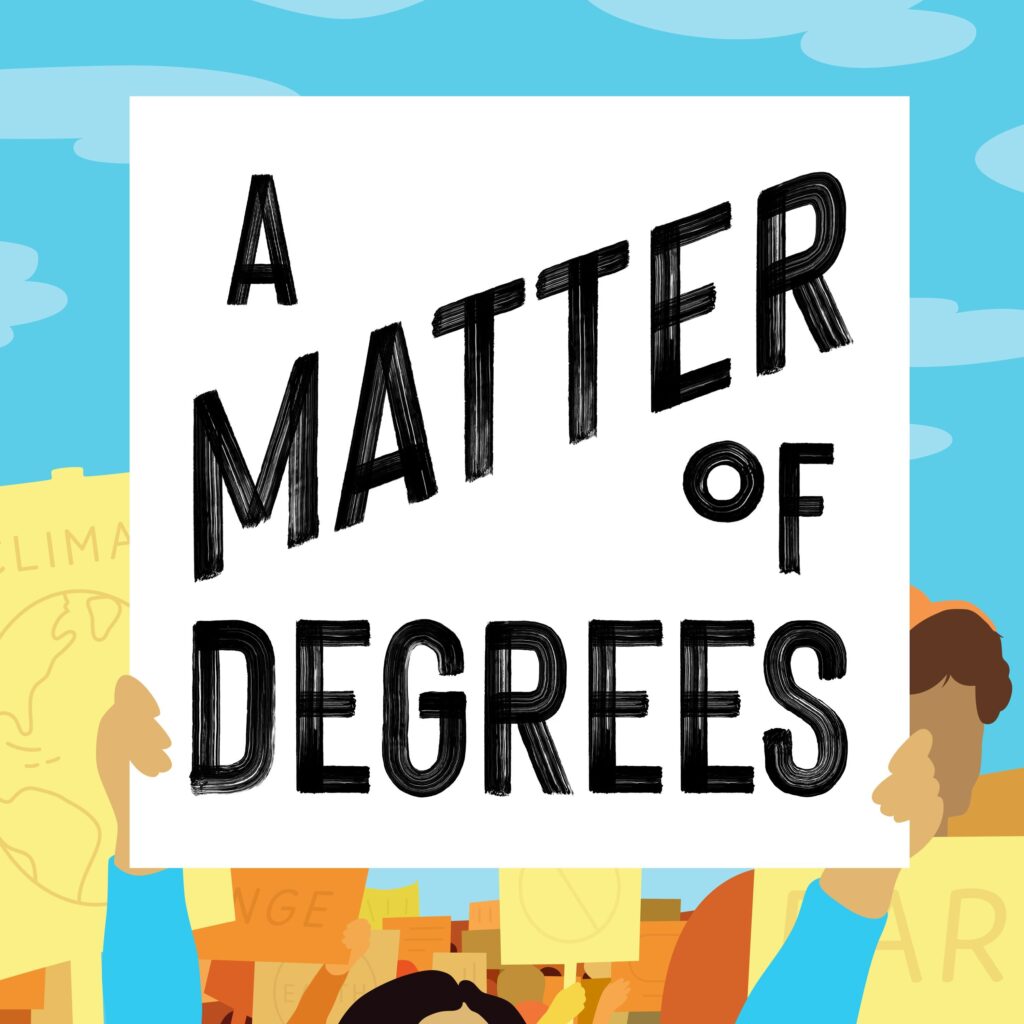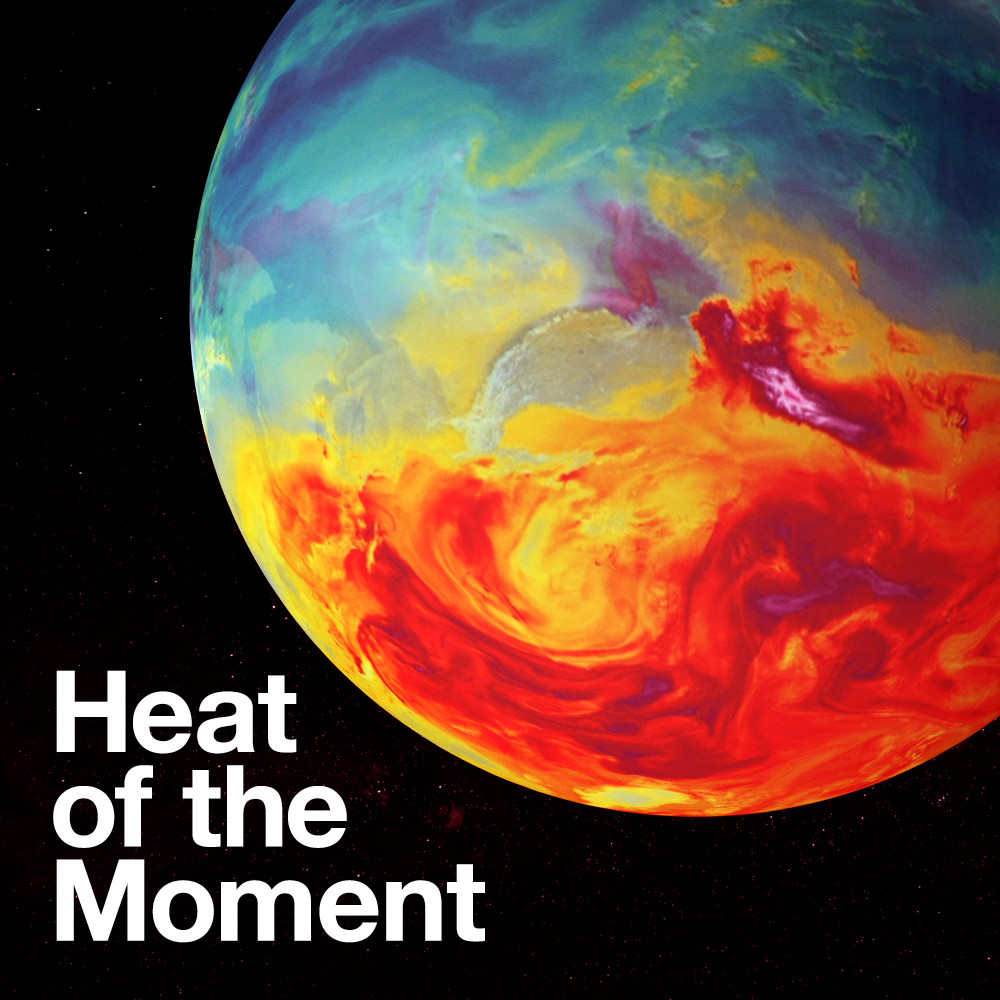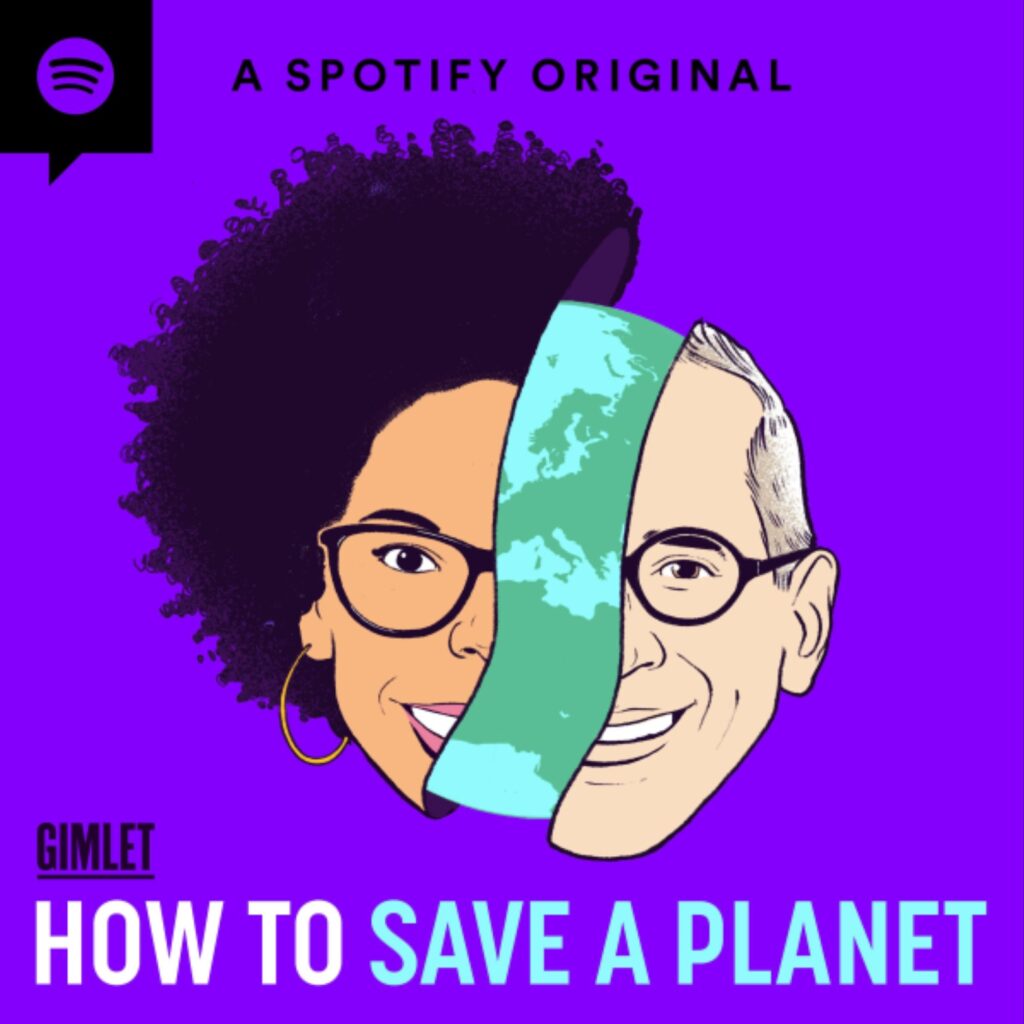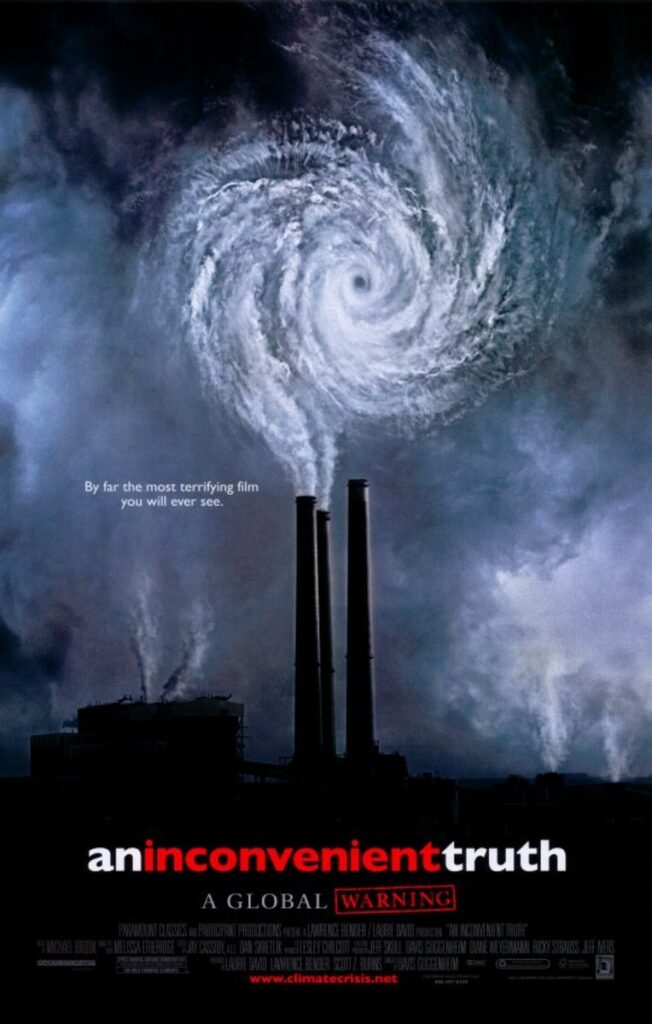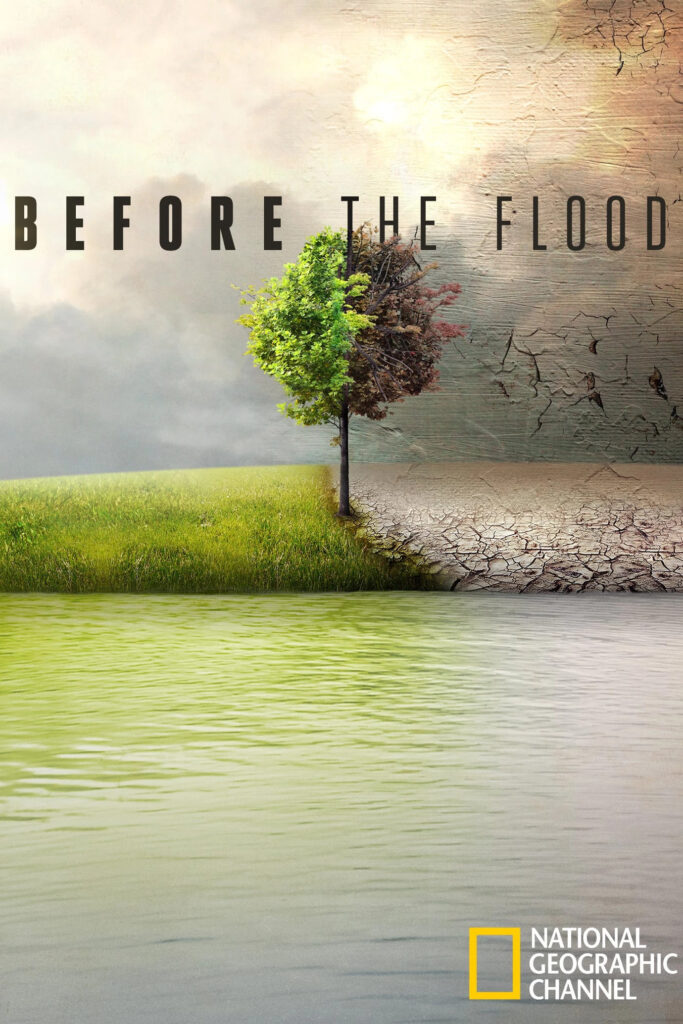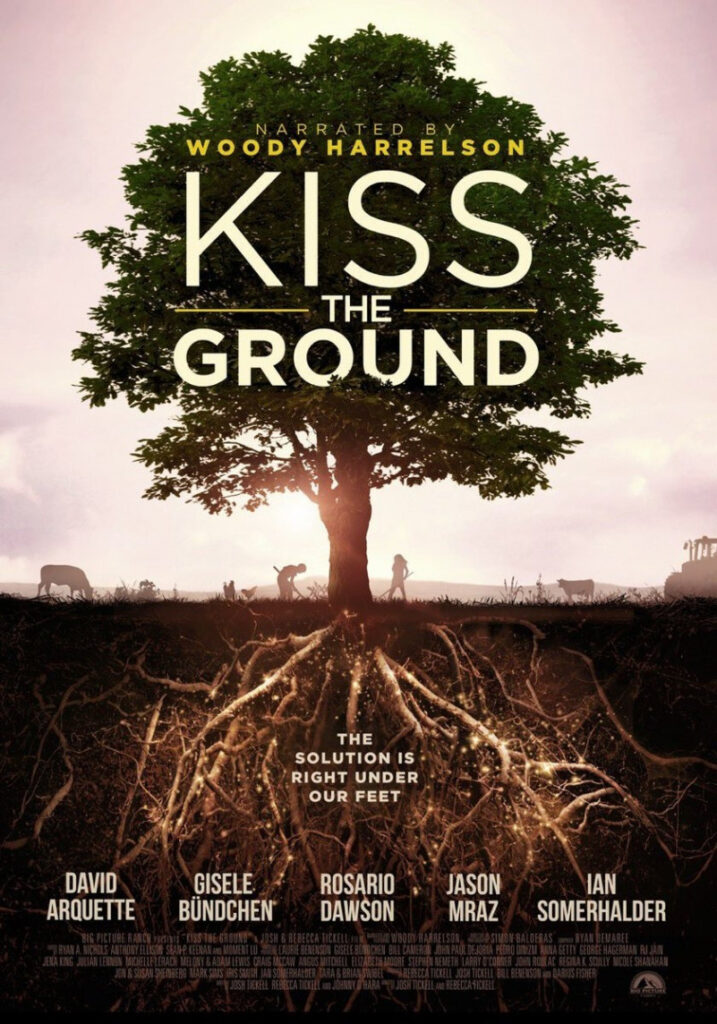
“Climate change is the most important issue of our time.” You’ve probably heard this statement, or some variation of it, more times than you can count. But if somebody asked you to explain it, could you? When climate change comes up as a topic of conversation, what can you contribute? Instead of just nodding along, consider taking some time to really learn about climate change, why it’s so important, and the range of solutions we have!
Why educate ourselves on climate change?
It can be terrifying, depressing, and even infuriating to face the truth: that human beings (especially the ultra-wealthy) are actively destroying the planet that our lives and economies depend on. When some powerful elites and greedy corporations seem to run the world, it can feel almost futile for the average person, or community, to try to fight back and stand up for what’s right.

But, there’s strength in numbers, and many people do care about others’ safety, well-being, and access to clean water, air, food, and so on. And it’s becoming more visible and tangible that these rights are endangered (in some areas of the world more than others) by the impacts of our rapidly changing climate, which only get worse the longer we ignore the issue.
So if we care about ensuring a livable future, we should be familiar with the fundamentals of what’s happening to our climate and what we can do about it.
What’s the simple definition of climate change?
Basically, climate change refers to significant shifts in Earth’s long-term weather patterns (either warming up or cooling down). Our planet has experienced several ice ages, and the climate crisis we’re facing today has been caused by rapid warming. Here’s a video explainer by Bill Nye. ,And here’s a chart from NASA showing the rapid warming:

Global Warming Glossary: The Words You Need to Know
1. CLIMATE CHANGE
An accurate term used to describe the current phenomenon: “a long-term change in the earth’s climate, especially a change due to an increase in the average atmospheric temperature” – Dictionary.com
2. GLOBAL WARMING
Another accurate term to describe climate change, but that’s focused on the overall warming of the planet.
Merriam-Webster Dictionary defines global warming as “an increase in the earth’s atmospheric and oceanic temperatures widely predicted to occur due to an increase in the greenhouse effect resulting especially from pollution”.
3. CLIMATE CRISIS/ GLOBAL WEIRDING/ CLIMATE DISRUPTION
Other terms that describe the ongoing phenomenon, but that more directly point to the unnatural-ness, urgency, and severity of the situation.
4. GREENHOUSE GASES
“A,ny of various gaseous compounds (such as carbon dioxide or methane) that absorb infrared radiation, trap heat in the atmosphere” – Merriam-Webster Dictionary
5. FOSSIL FUELS
“A, fuel (such as coal, oil, or natural gas) formed in the earth from plant or animal remains” – Merriam-Webster Dictionary
Fossil fuels take millions of years to form. The process of burning them releases the greenhouse gases that contribute heavily to climate change and global warming.
6. CARBON SINK
Sometimes also described as a carbon drain, a carbon sink is something that pulls carbon out of the atmosphere. A great example is a forest, since trees breathe in carbon dioxide and breathe out oxygen. Other carbon sinks include oceans, soil, mangroves, and peatlands.
7. OCEAN ACIDIFICATION
“A reduction in the pH of the ocean over an extended period of time, caused primarily by uptake of carbon dioxide (CO2) from the atmosphere” – National Ocean Service
8. ENVIRONMENTAL JUSTICE
“T,he fair treatment and meaningful involvement of all people regardless of race, color, national origin, or income, with respect to the development, implementation, and enforcement of environmental laws, regulations, and policies” ,- the United States Environmental Protection Agency
When referring specifically to climate change, “environmental justice” can be called “climate justice”. Many individuals and groups within the environmental and/or climate justice movement are very vocal about the fact that the people who’re least responsible for climate change (primarily Black Indigenous People of Color and low-income people) are the first to feel its damaging effects. This unequal burden is an injustice that must be rectified in any and all ways we address climate change.
What are the main causes of climate change?
The vast majority of scientists agree: human activity is causing climate change mainly by increasing carbon emissions, while decreasing carbon sinks.

Since the Industrial Revolution, human civilization has burnt fossil fuels at an ever-increasing rate, to meet our growing population’s growing demands for energy. Burning this much fossil fuel emits copious amounts of greenhouse gases into Earth’s atmosphere, where they get trapped and heat our planet.
Normally, Earth’s carbon cycle naturally removes carbon at about the same rate that carbon is produced. But this carefully calibrated system is now taking in far more carbon dioxide and other greenhouse gases than it can handle. The carbon cycle cannot keep up with our high rate of emissions, and we don’t do it any favors by simultaneously destroying the very environments that naturally absorb these gases (and actually store carbon).

Forests are increasingly getting cut down for other land uses, including industrial agriculture, which also severely degrades the soil, another key carbon sink. And at least one-third of our carbon emissions get absorbed by the oceans, making them more and more acidic — which means they’re less and less able to absorb carbon dioxide and serve as a carbon sink.
More carbon in our atmosphere and our oceans means more warming, more extreme weather events, more sea-level rise, more mass extinction — the list goes on.
Solutions: A Brighter Future is Possible
Climate change is an enormous, multi-faceted challenge, so it’s very easy to get overwhelmed and start to feel helpless. But we have to keep in mind: there are reasons to keep calm and carry on.
For one, we still have time (nine years now to be exact; every year counts). For another, the majority of people in the US — the country with the most historical emissions — are concerned about climate change and agree we need to act.

There’s no silver bullet or single cure-all for the climate crisis. Rather, we need a wide variety of bold solutions to come from every sector: from electricity, to buildings, to transportation, to industry, to agriculture, to education. Everything plays a role in decreasing emissions, increasing carbon sinks, and allowing our planet to thrive.
Most importantly, we must put equity and justice at the center of all solutions. What’s the point of solving climate change if we don’t make sure, in this new-and-improved world, everyone can lead a safe, healthy, dignified life? All Earthlings deserve the opportunity to participate in, and benefit from, the advancements that our modern society makes.

Obviously, the biggest corporate and institutional polluters have the most responsibility, and financial ability, to make the big changes that will clean up their messes and prevent climate catastrophe. But that does not mean the general public is off the hook or that our actions don’t matter — no, quite the contrary.
While we push government and business to do better, we can also take steps to improve our own consumption habits and lifestyles that will reduce our personal carbon footprint. Both strategies are important for making change. And as we integrate more small-scale climate solutions into our own lives, we’re rewarded with a sense of empowerment and hope that things can get better.
Of course, personal climate action does not always look like biking everywhere and eating plants all day every day; that’s just not the reality most people live in (yet), and that’s okay. The good news is, there are many different ways to be climate-positive — in fact, one of those ways is simply learning about all the solutions!
After reading climate books and watching climate documentaries, we can share all that we’re learning with our friends, family, co-workers, etc. As climate scientist Katharine Hayhoe likes to say, talking to people about climate change is one of the most effective things we can do about it.
Read Books About Climate Change and Global Warming
All We Can Save: Truth, Courage, and Solutions for the Climate Crisis
edited by Dr. Ayana Johnson and Dr. Katharine Wilkinson
A diverse collection of essays and powerful insights from women who are at the forefront of the climate crisis, from activism to policy to design.
Drawdown: The Most Comprehensive Plan Ever Proposed to Reverse Global Warming
edited by Paul Hawken
An extremely well-researched and digestible overview of the top 80 solutions to climate change. Originally published in 2017, the most up-to-date version (which came out this year) is summarized in a recent SpaceshipOne blog post.
This Changes Everything: Capitalism vs. The Climate
by Naomi Klein
An eye-opening examination of the many ways our capitalism-driven societies continue to drive climate change. Focusing on North America, Naomi Klein exposes how our political systems and their moneyed influences have stalled climate action.
Looking for more climate book recommendations? Check out SpaceshipOne’s list.
Listen to Environmental Podcasts
A Matter of Degrees
An essential one, particularly for those who are just getting their toes wet on climate change. Prominent climate researchers and communicators Dr. Leah Stokes and Dr. Katharine Wilkinson break down the what, why, and how of climate change to help us all make informed decisions for our future.
Heat of the Moment
A realistic and well-produced podcast that touches on many different topics, from pollution-induced temperature changes to institutions’ unsustainable practices and shortsightedness. If evocative and in-depth interviews are your thing, this podcast is definitely for you.
How to Save a Planet
Co-hosted by Dr. Ayana Elizabeth Johnson, one of the foremost voices for climate action, this podcast is not to be missed. Throughout the series, she aims to answer the question: what can we do to solve the climate crisis?
If you want more climate podcast recommendations, check out SpaceshipOne’s list!
Watch Climate Change Documentaries
An Inconvenient Truth (2006)
One of the most well-known climate change documentaries. It’s a must-watch simply because it helps us see why fear-based messaging wasn’t effective at building the climate movement and bringing climate action. We can learn from these mistakes and be sure to always highlight solutions when communicating climate change.
Before the Flood (2016)
A sobering view into the real toll that climate change is already taking on our planet and our people, around the world. We follow a globe-trotting Leonardo DiCaprio as he meets with leaders and uncovers the calculated disinformation campaign orchestrated by powerful special interests to mislead the public about the urgency of the crisis. Amidst a rising tide of catastrophic news, will Leo find the hope he’s searching for? Watch to find out.
Kiss the Ground (2020)
An inspiring exploration of one possible solution to climate change and human health: regenerative agriculture. The film goes over the many benefits of this transformative approach to the ways we grow our food and treat our soil.
Check out more climate documentaries at SpaceshipOne’s recommendations.
Bring Others Along for the Ride
Learning about climate change is a journey. All the dire information and warnings can be emotionally exhausting at times, so it helps to have other people by our side, to support us in the process of learning, as well as acting on our knowledge.
When it comes to something as important as climate change, don’t feel like you have to learn everything all at once, or all by yourself. The last thing we want to do is get burnt out. We can sustain our learning over the long term by making it a daily or weekly practice. And we’ll often get more out of it if we invite our friends and/or family to learn with us and have critical discussions.

So, let’s think: who in your life could you talk about climate change with, on a regular basis? Who might want to watch a climate documentary with you? If you’re a bookworm, look up climate or environmental book clubs to become a part of. If you’re a podcast junkie, send your latest favorite episode on climate change to your friends’ group chat, and see what they think.
If you take one thing away from this post, let it be this: you are not alone in facing the truth of climate change. More and more Earthlings are awakening to the crisis, along with its many solutions, and there is a vast global community working to build a climate-positive future. And we’re here to welcome you with open arms, whenever you’re ready to join.
This article was researched by Rebecca Wright, and written by Anna Michel.

